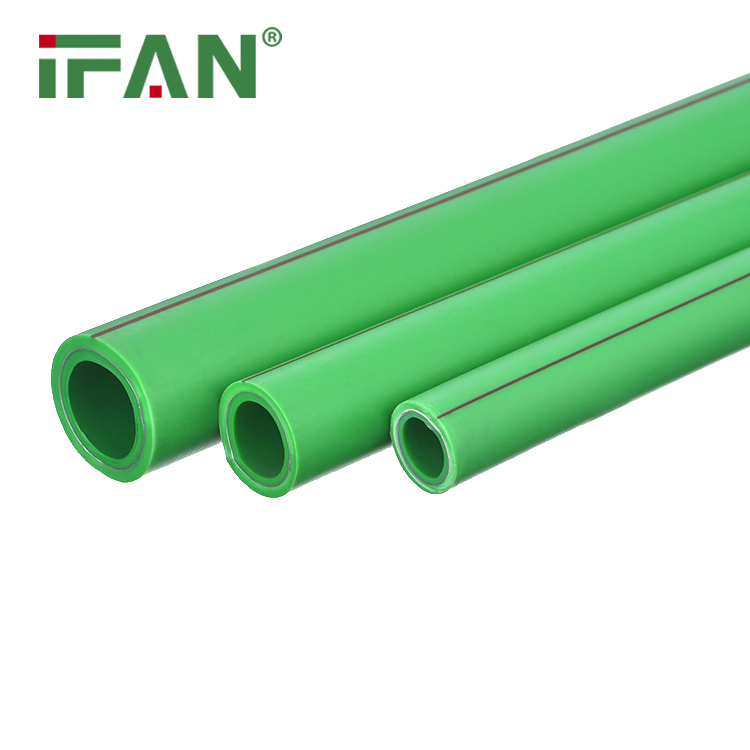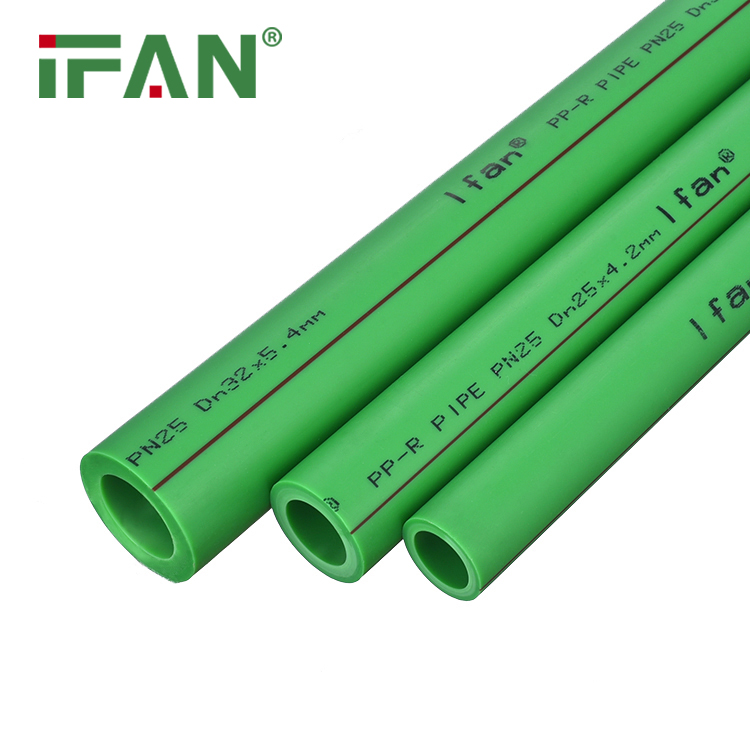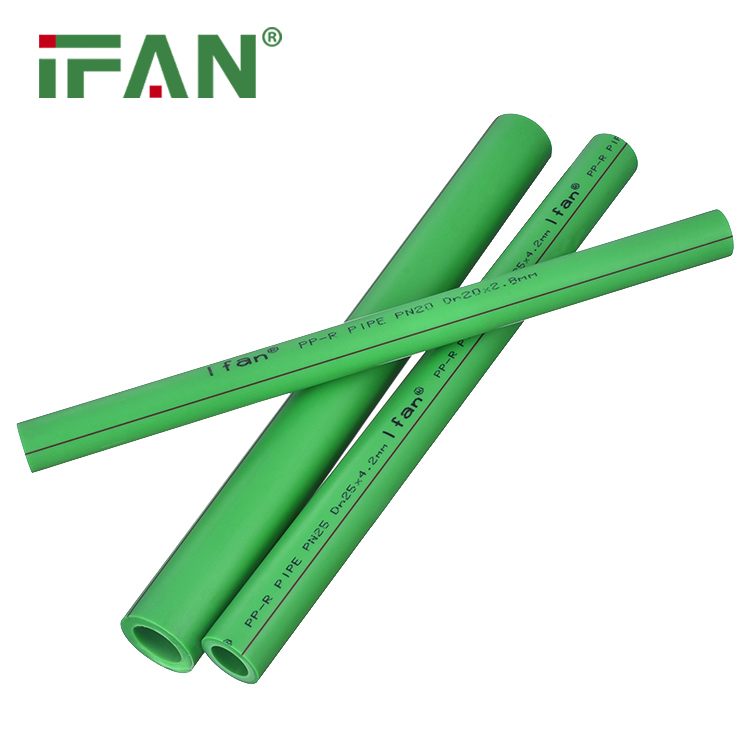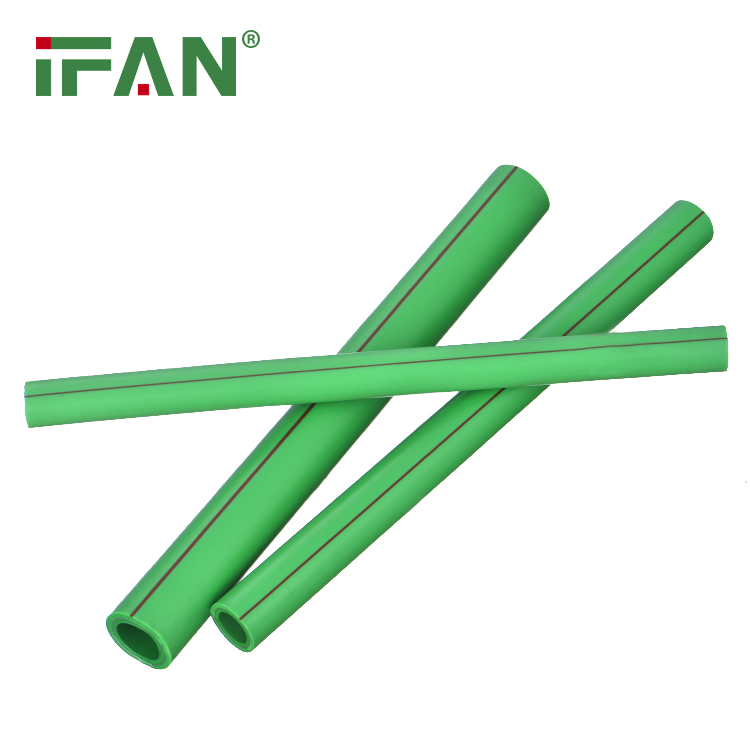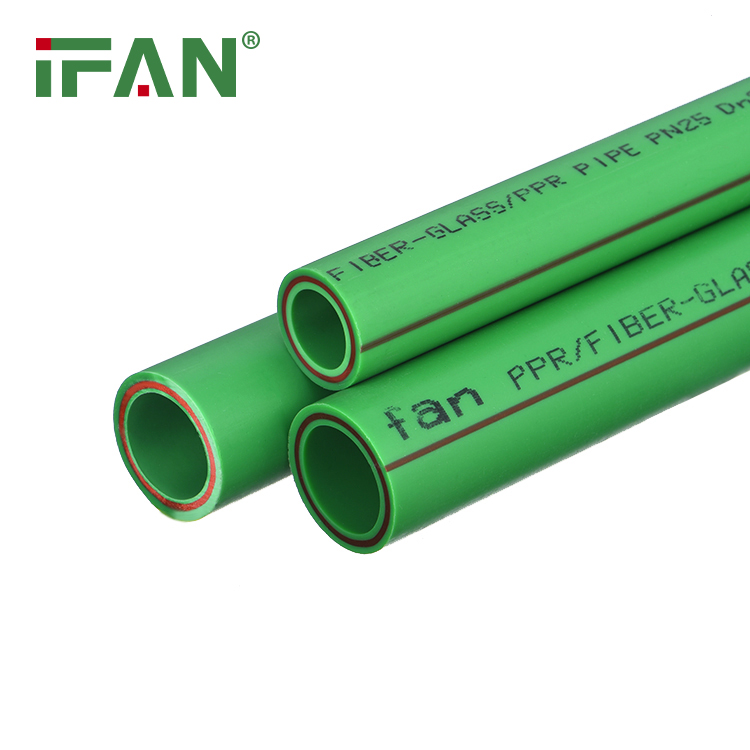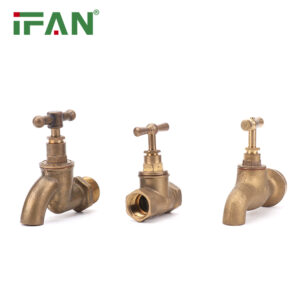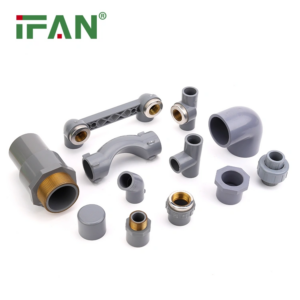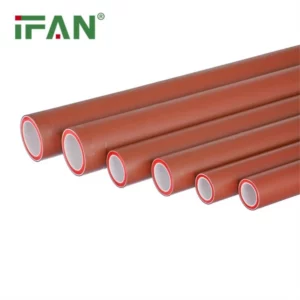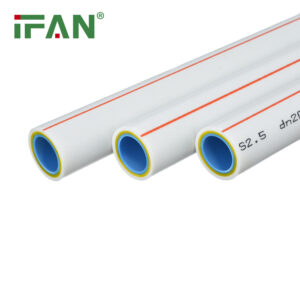Description
PPR, or polypropylene random copolymer, is a type of plastic used for water pipes and plumbing systems. PPR water pipes offer numerous advantages compared to traditional materials like copper or PVC. In this article, we will explore the features, benefits, and applications of PPR water pipes.
PPR water pipes are made from a high-quality thermoplastic polymer called polypropylene random copolymer. This material is known for its excellent chemical resistance, durability, and thermal properties. PPR pipes are specifically designed for the transportation of potable water, making them a popular choice for residential and commercial plumbing systems.
One of the key advantages of PPR water pipes is their high resistance to corrosion. Unlike copper pipes that are susceptible to corrosion over time, PPR pipes are highly resistant to chemical reactions and offer long-term durability. This resistance to corrosion ensures that the water remains uncontaminated and free from any metallic taste.
PPR pipes also have excellent thermal properties, making them suitable for both hot and cold water applications. They can withstand high temperatures up to 203 degrees Fahrenheit (95 degrees Celsius), making them ideal for hot water supply lines. PPR pipes have a low thermal conductivity, which means they retain heat well and prevent heat loss, resulting in energy savings.
Another significant advantage of PPR water pipes is their ease of installation. They are lightweight and flexible, making them easier to handle and transport compared to materials like copper or iron pipes. PPR pipes can be easily cut, joined, and installed using heat fusion methods such as socket or butt welding. The heat fusion process ensures a leak-proof connection, eliminating the need for additional adhesives or sealants.
PPR water pipes also have a smooth inner surface, which helps to minimize pressure loss and maintain a high flow rate. This smoothness, combined with their resistance to scaling and deposits, ensures efficient water flow and reduces the risk of clogging. Additionally, PPR pipes have a low coefficient of friction, which means they require less energy to pump water through the system.
Furthermore, PPR water pipes offer excellent sound insulation properties. They absorb and dampen vibrations and reduce noise transmission, resulting in quieter plumbing systems. This is particularly beneficial in residential buildings where noise reduction is desired.
PPR water pipes are also known for their long service life. When properly installed and maintained, PPR pipes can last for several decades without any significant degradation or loss of performance. They are resistant to UV radiation and do not deteriorate when exposed to sunlight, making them suitable for both indoor and outdoor applications.
In terms of applications, PPR water pipes are commonly used in residential and commercial plumbing systems for potable water distribution. They are also suitable for applications such as radiant floor heating, irrigation systems, and industrial water supply. Additionally, PPR pipes can be used for air distribution lines in HVAC systems.
In summary, PPR water pipes offer numerous advantages over traditional plumbing materials. They are highly resistant to corrosion, have excellent thermal properties, and are easy to install. PPR pipes provide efficient water flow, sound insulation, and have a long service life. These features, along with their suitability for various applications, make PPR water pipes a reliable and popular choice for modern plumbing systems.
Related products
-
Others
What is the water tap?
-
Others
PVC Pipe Fittings
-
Others
PPH Pipe
-
Others
Tubo PPR de fibra de vidro


